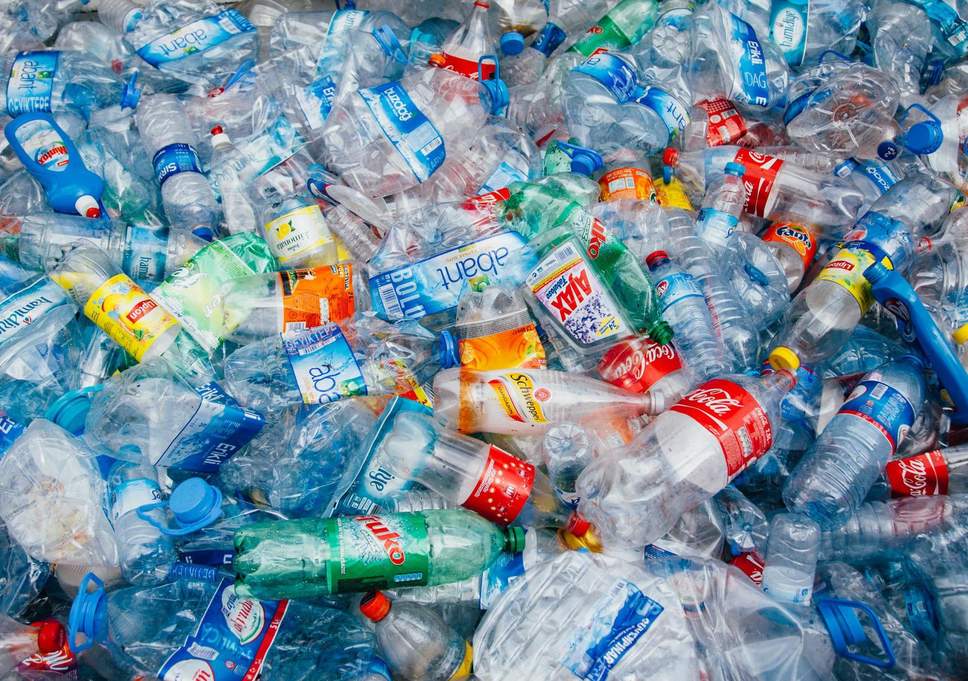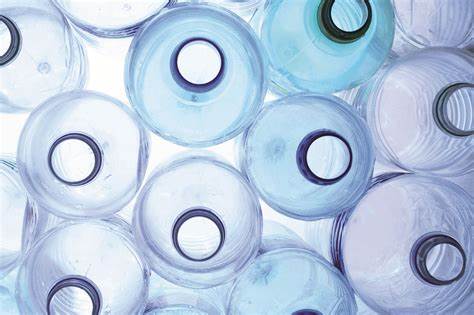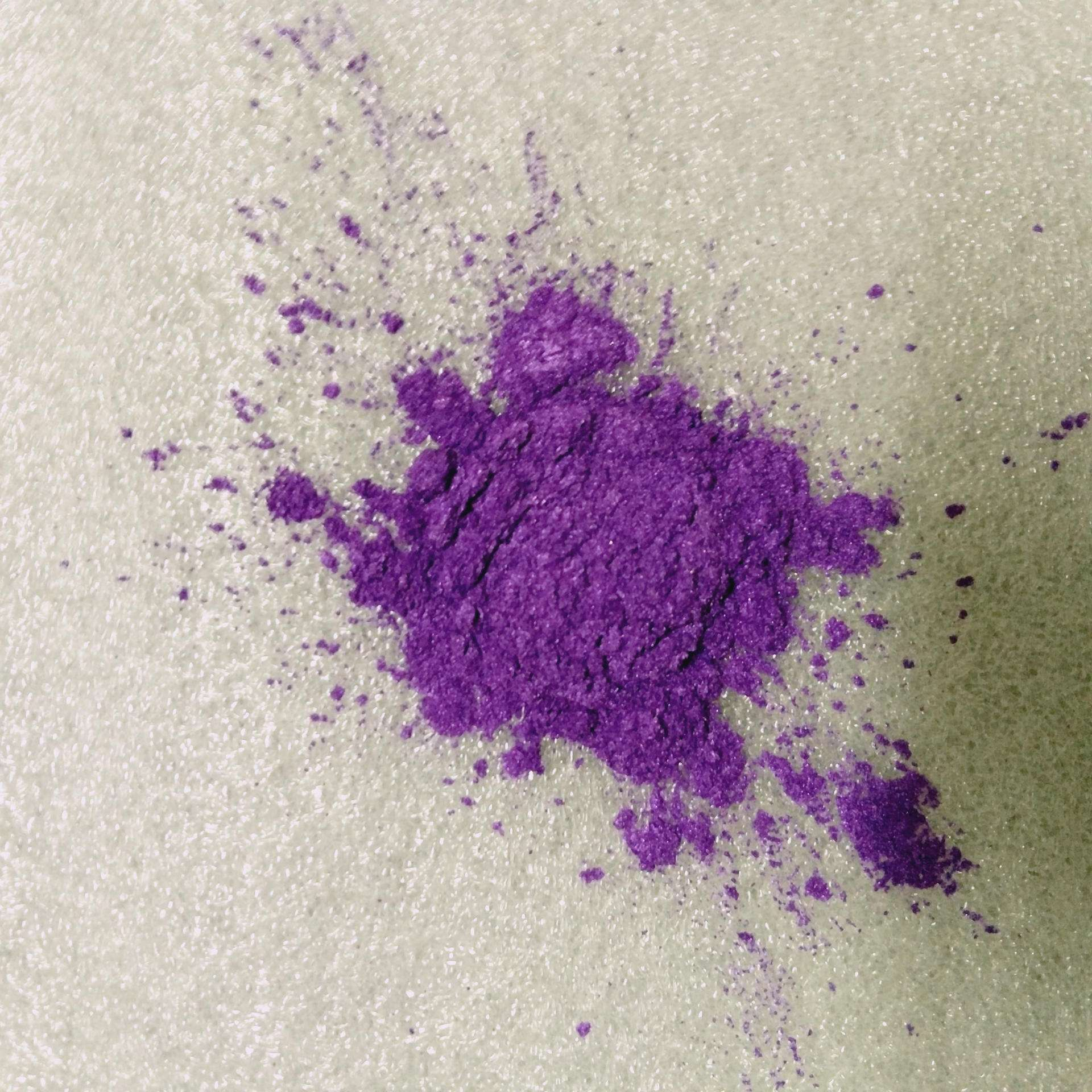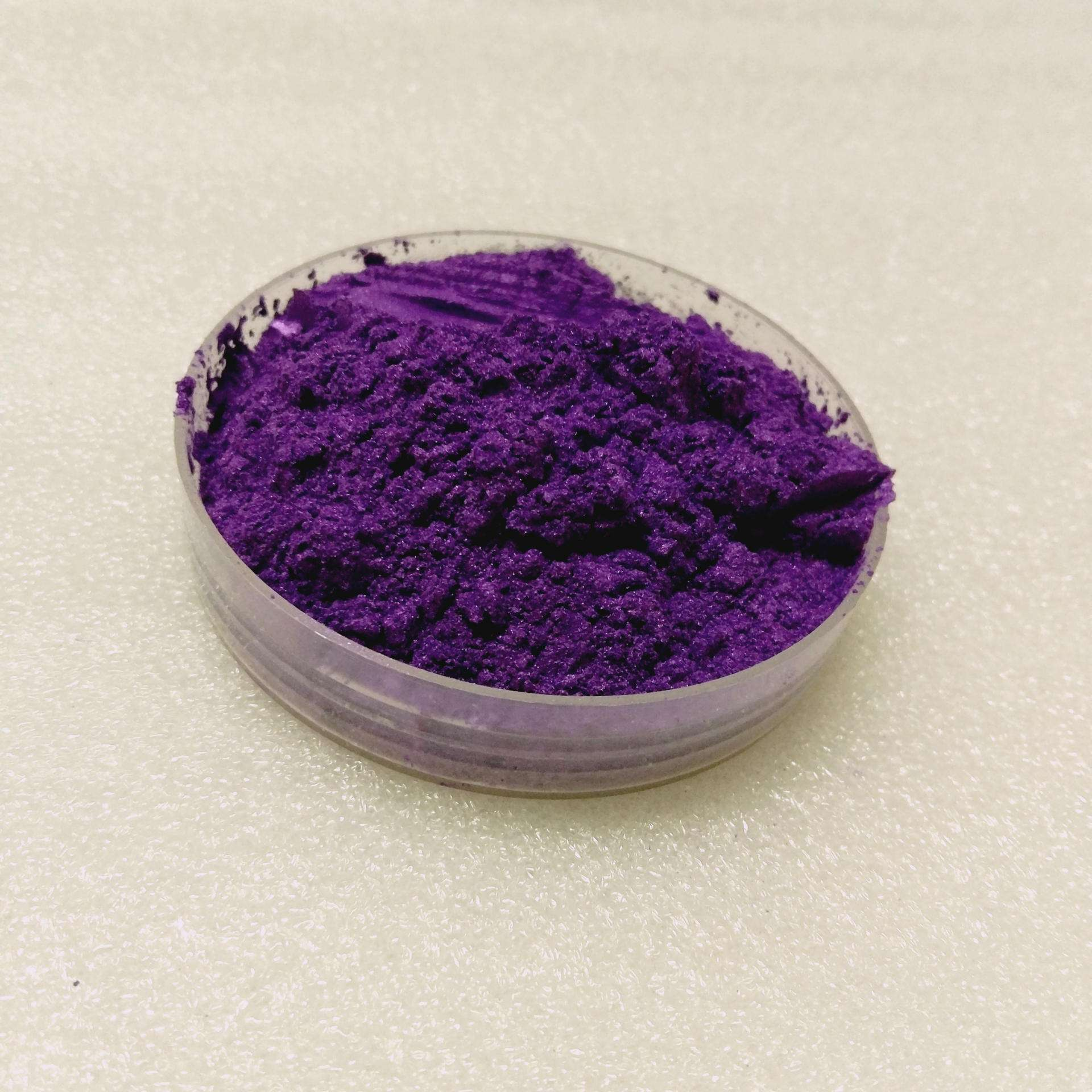OUR COUNTRY'S WASTE PLASTIC RECYCLING VOLUME RANKS FIRST IN THE WORLD
At present, plastic pollution has gradually become the second largest environmental issue in the world after climate change. Statistics show that from 1950 to 2017, the world produced a total of about 9.2 billion tons of plastics. It is estimated that by 2050, the cumulative global plastic production will reach 34 billion tons, and the annual plastic waste generation will be about 300 million tons. As a major plastic producer and consumer, my country's annual output of plastic waste reaches 60 million tons.

Zhang Deyuan, an associate researcher at the Institute of Economic System and Management of the National Development and Reform Commission, said that the essence of plastic pollution is environmental leakage caused by improper management of plastic waste. Once it leaks into the natural environment such as soil and water, it will be difficult to degrade, and improper disposal methods will also affect the greenhouse Gas emissions bring persistent harm to the environment, and microplastics entering the food chain may also cause serious harm to human health.
Faced with the problem of plastic pollution, my country has continuously strengthened the recycling and utilization of plastic waste, actively developed a plastic circular economy, implemented full life cycle governance from production, consumption, circulation and disposal, and accelerated the construction of plastic design, production, circulation and consumption to disposal. The closed-loop development model of post-recycling and disposal explores the coordinated development of plastic use and ecological environmental protection. "Improving the level of waste plastic recycling is an effective way to solve plastic pollution." Xu Junxiang, president of China Material Recycling Association, said that most plastic materials are renewable. According to estimates, every 1 ton of waste plastic recycled can save 3 tons. Use of plastic.
Our country's material utilization accounts for 45% of the global total during the same period. In 2021, the material recycling volume will be about 19 million tons, and the material recycling rate will reach 31%, which is 1.74 times the global average level of waste plastics, and achieve 100% domestic waste. Material-based recycling, while the local material-based recycling rates in the United States, the European Union, and Japan in the same period were only 5.31%, 17.18%, and 12.50%, respectively.

To solve the problem of plastic pollution, speeding up technological innovation and standard formulation is the top priority. The development of plastic recycling economy needs to lead the society to participate widely, in which the role of enterprises is pivotal.
Tian Jin, project director of Meituan's "Qingshan Plan", said that the core part of the "Qingshan Plan" is to promote the solution to the problem of one-time catering take-out packaging. Certified, the lunch box can be launched on the market as soon as the second half of this year."
"From waste plastic recycling and system construction to plastic waste treatment in key areas and key areas, from disposable lunch box treatment to disposable non-degradable plastic products treatment, my country's efforts to control plastic pollution have never stopped." Yin Hot Springs, director of the Institute of Management, said.













